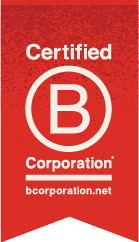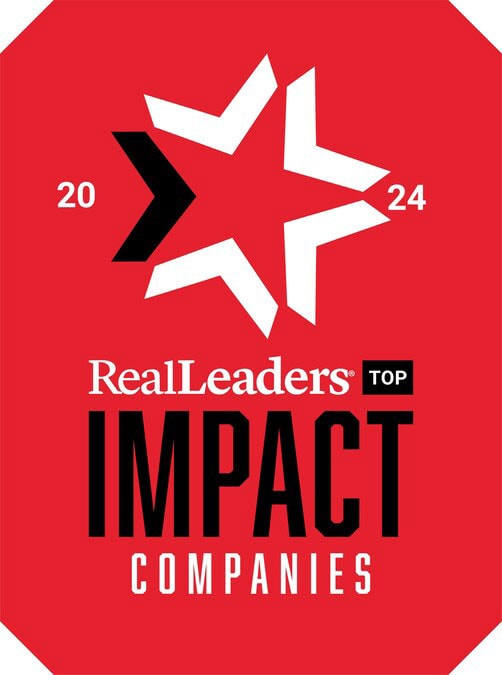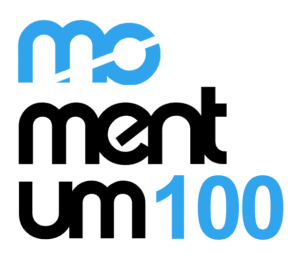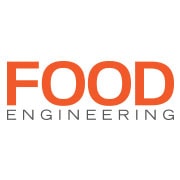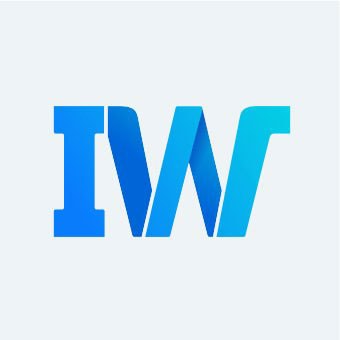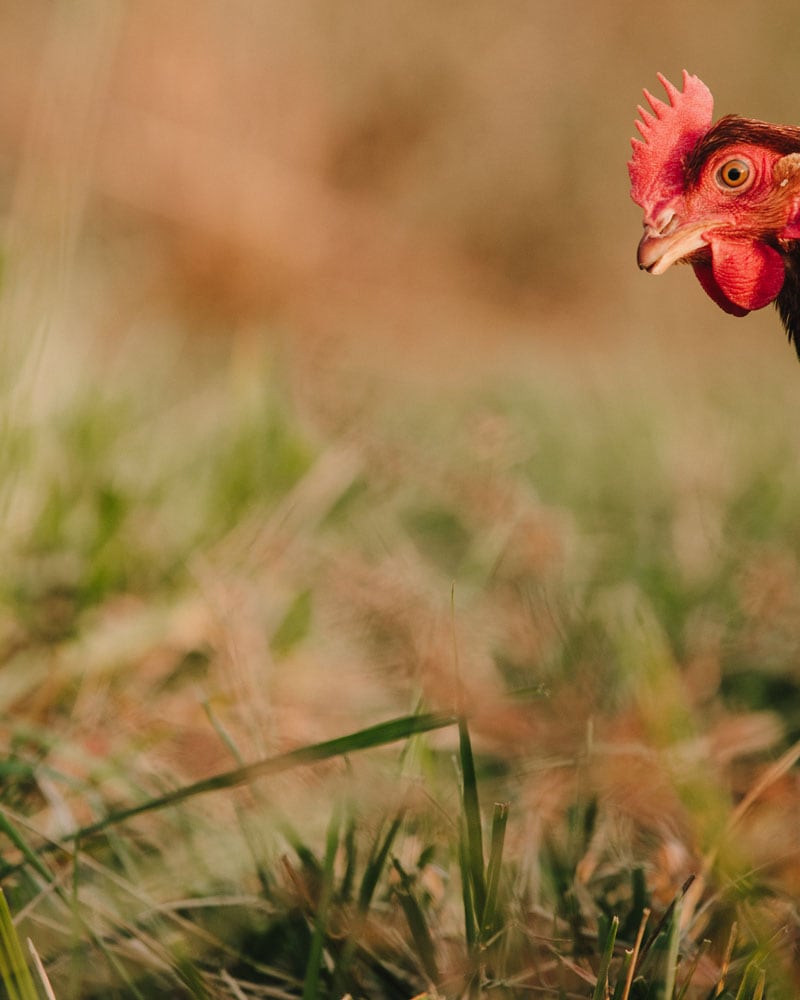
2024 Impact Update
Progress Over Easy
2024 Impact Update
We’re on a mission to bring ethically produced food to the table and are pleased to share our progress. This 2024 Impact Update describes how our results-driven, holistic approach to stakeholder resilience comes to life. Together with our stakeholders, we will continue on our journey to improve the lives of people, animals, and the planet through food.
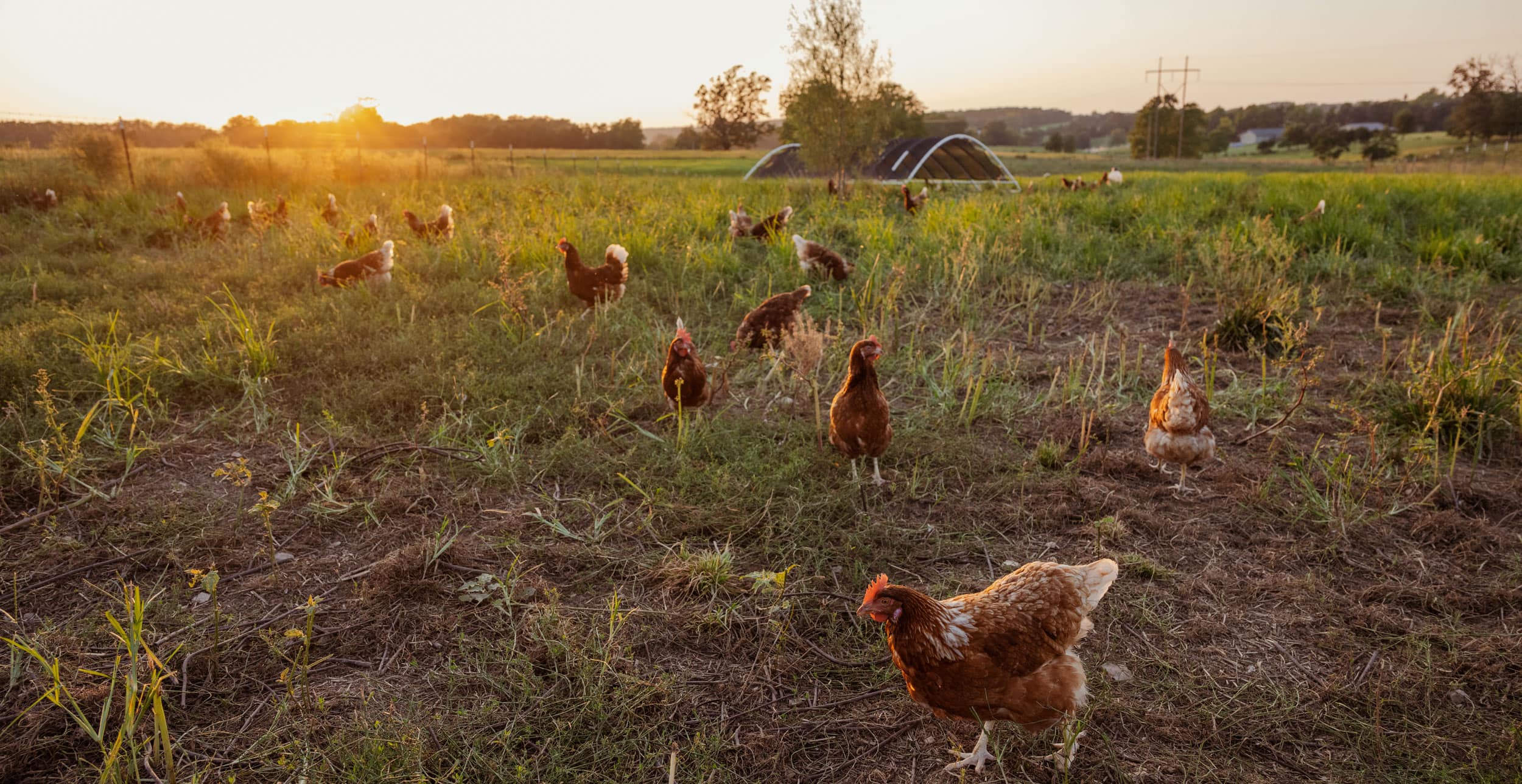
Our Approach
Informed by our Materiality Matrix, we are focusing our efforts on issues that are important to our stakeholder groups, operations, and financial performance. We believe the resulting systemic solutions will strengthen our business and our stakeholders’ well-being by reducing risk and presenting opportunities for value creation. We aim to demonstrate clear, tangible progress on the following issues:
Our short- and medium-term goals show a clear, disciplined path forward. The phased approach for these goals balances our commitment to long-term resilience with our determination to achieve daily action and progress.
While the goals outlined here focus on a five-year time horizon, we continue to look at longer-term opportunities to raise standards, create positive fundamental shifts in our business model, and increase our value to society.

Impact Goals
In 2023, we focused our Impact efforts on issues most material to our business and our stakeholders and defined five Impact Goals for us to work towards over the next five years.

Ecological Impacts
Improve Natural Resource Management in our Operations Achieved!
- How is this measured?
Achieve zero waste1 to landfill at Egg Central Station by the end of 2023 - Stakeholder focus:
Reduce the impact of our operations on the planet and communities
1Zero-waste defined as <10% of waste by weight.
Inclusion And Belonging
Continue to Build a More Inclusive Workplace for Crew
- How is this measured?
Increase favorability in our annual Inclusion Survey by 5 percentage points1 - Stakeholder focus:
Support a world-class organization, driving crew retention and recruitment
1Culture Amp, our survey administrator, describes +/- 5% as statistically meaningful.

Accountability
The Executive Compensation to Impact Performance
- How is this measured?
Factor Impact performance into executive compensation by 2025 - Stakeholder focus:
Ensure further alignment of our Impact efforts with our business for all stakeholders
Climate Change: Farmers
Mitigate Climate Risk in our Supply Chain
- How is this measured?
Engage 100% of farmers on regenerative agriculture by 2026 - Stakeholder focus:
Drive long-term resiliency for our farmers and reduce production risks
Climate Change: Operations
Mitigate Climate Risk in our Operations
- How is this measured?
Reduce our operational (Scope 1 &2) greenhouse gas intensity1 by 25% by 2027 - Stakeholder focus:
Reduce the impact of our operations on the planet and communities
1Measured in tons of CO2 per $ million in revenue.
Materiality Matrix
Our Impact work is embedded in our business. This holistic approach enables us to avoid siloed or bolt-on programming that, we believe, compromises the real impact this work should have across our stakeholders. The 17 issues identified in our Materiality Matrix are inextricably linked, foundational to our short- and medium-term goals, and result from a rigorous, three-stage process:
We conducted our first assessment in 2021, and we review our matrix each year to ensure that it continues to align with our business and stakeholder expectations. In 2024, we are planning to refresh our matrix, which includes adding emerging issues for consideration and surveying stakeholders. We will do this on a 3-year cadence moving forward.


Governance Structure
Board of directors
Our Board of Directors and its committees oversee the company’s overall risk management strategy, including Impact and climate-related risks and opportunities. The Board receives quarterly reports from its Nominating and Governance Committee that include Impact progress along with annual reports from the company’s management-level Impact leadership on Impact goals and initiatives. The Board also approves the company’s annual operating and capital budgets, which include operating expenses and capital investments related to climate change mitigation and other initiatives.

Nominating &
Corporate
governance committee
Oversight of Impact issues is managed by our Board’s Nominating and Corporate Governance Committee and is reflected in the committee’s charter. The committee oversees our strategy, initiatives, and reporting related to Impact, including environmental initiatives and progress toward our Impact goals. Its oversight function also includes responsibility for overseeing risk management with respect to Impact risk areas, including climate risk. Our General Counsel, Corporate Secretary & Head of Impact presents to the committee quarterly.

Senior
leadership
team (SLT)
Our SLT is the highest management level in our company. The SLT manages risks to our company, including environmental and climate-related risks, through regular reporting from several functional areas. The SLT includes our General Counsel, Corporate Secretary & Head of Impact, who reports directly to our Chief Executive Officer. The SLT manages our response to material Impact issues, including adverse weather events and other climate-related matters, and regularly reports out to the Board and its committees with respect to such risks.

Impact
Steering committee
In 2022, we formed an Impact Steering Committee consisting of functional leadership and individual contributors from departments across our organization, including Operations, Live Production, Supply Chain, Legal, People, and Investor Relations. This committee is directly accountable for the strategy, ownership, and implementation of Impact goals and initiatives across our business, including measurement, monitoring, and reporting on the progress of our climate-related initiatives to the SLT.
B Corp Certified
Vital Farms has been a Certified B Corporation since 2015. B Lab, an independent nonprofit entity who administers the B Corporation standards, assesses companies on more than 200 sustainability questions and awards B Corporation certification to companies that meet stringent social and environmental performance, accountability, and transparency standards.
To certify as a B Corp, companies must obtain a minimum score of 80 points on the B Corp Impact Assessment and undergo reevaluation every three years.
Certified since: 2015
Most recently certified: 2022
Overall score: 98.7
Community: 38.6
Workers: 23.3
Environment: 20.2
Governance: 14.9
Customers: 1.4
Public Benefit Corporation
In 2017, we elected to be treated as a public benefit corporation under Delaware law. Public benefit corporations in Delaware are required to identify in their governing documents the specific public benefits that they will promote, and directors have a duty to consider these interests when managing the company. Our classification as a public benefit corporation underscores our commitment to our purpose and pursuit of long-term benefits for each of our stakeholders, including farmers and suppliers, consumers and customers, communities and the environment, crew members, and stockholders. The public benefits listed in our governing documents are:
- Bringing ethically produced food to the table
- Bringing joy to our customers through products and services
- Allowing crew members to thrive in an empowering, fun environment
- Fostering lasting partnerships with our farms and suppliers
- Forging an enduring profitable business
- Being stewards of our animals, land, air and water, and being supportive of our community



